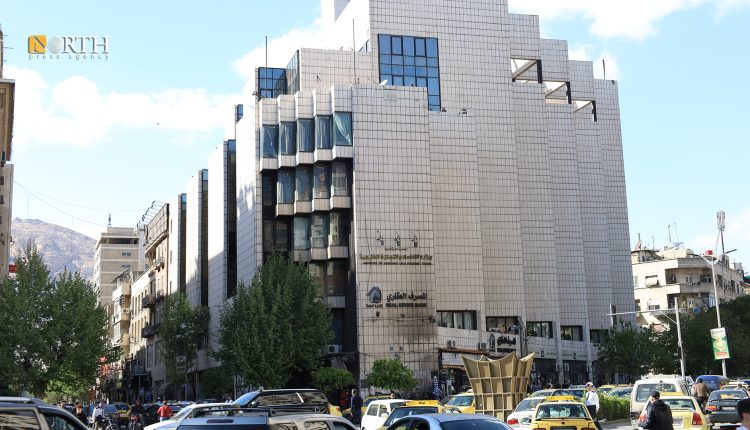Expert reveals role of corruption in banking collapse in Syria
DAMASCUS, Syria (North Press) – Corruption played a major role in weakening Syria’s banking sector during the era of the former regime, an economic expert told North Press on Saturday.
Abdul Razzaq Hassani, Associate Dean for Academic Affairs at the Faculty of Economics at Damascus University, explained that systematic administrative corruption plagued the banking system, with large-scale loans issued by both public and private banks to influential businessmen. These individuals, he said, amassed immense wealth at the expense of ordinary depositors and the Syrian public.
He recalled that during the tenure of former Prime Minister Imad Khamis, a committee was formed to evaluate and address non-performing loans. However, while the committee’s work itself was not corrupt, corruption surfaced during the legal proceedings, particularly when some guarantees tied to defaulted loans were sold cheaply to corrupt businessmen, bypassing the original borrowers.
Hassani added, “There were people who defaulted not due to corruption, but as a result of the widespread destruction caused by the systematic bombardment of industrial facilities and cities by the former regime. Many factories were destroyed, and others lost market share due to the death of their owners.”
He also criticized the rigid banking regulations under the former regime, noting: “If a citizen wanted to withdraw a large sum of money, they had to obtain prior approval from the Central Bank. This arbitrary restriction, imposed without clear or transparent policies, significantly eroded public trust in the banking sector.”
Commenting on the prospects for renewed investment in Syria, Hassani emphasized the need for clear and transparent policies: “Investor confidence—whether from Arab, Syrian expatriates, or foreigners—is largely undermined by sanctions. What’s needed is a coherent policy framework from the Central Bank and the new government.”
He stressed the importance of a comprehensive investment strategy, “There must be coordination between the Investment Authority, the Central Bank, and in some cases, with Western countries that imposed sanctions.
Hassani concluded that with a well-defined and transparent investment plan, trust in the banking system can be restored, and both local and foreign investors will have access to the information and assurances they need to consider reinvesting in Syria.

